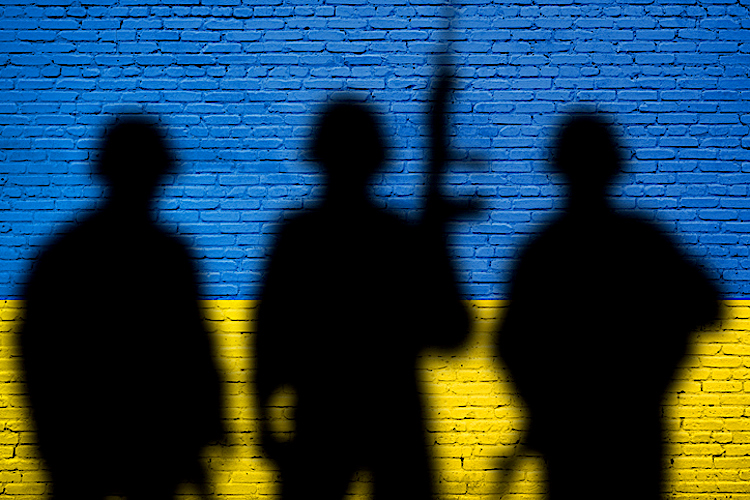Russian Invasion of Ukraine: What Law Experts have to Say
Last Thursday, Russia launched a full-scale invasion of Ukraine by land, air, and sea. In response, countries around the world have placed a powerful set of sanctions on Russia. President Biden has condemned the attack saying, “the United States and its Allies and partners will respond in a united and decisive way. The world will hold Russia accountable.”
Four Yale Law School faculty members recently offered their initial analysis of the ongoing war in Ukraine, detailing what the war could mean for international law, security, foreign policy, and human rights.
WHAT RUSSIA’s ATTACK MEANS FOR INTERNATIONAL ORDER
Putin’s invasion, alone, is not enough to destroy the world order. Rather, experts say, legal order also depends greatly on how states respond to the invasion.
“The Russian invasion of Ukraine is a blow to the international legal order,” says Oona Hathaway, Gerard C. and Bernice Latrobe Smith Professor of International Law says. “But it will succeed in undermining the system only if the rest of the world lets it. A healthy legal system responds aggressively and resolutely to assaults on it. If the response is comprehensive, strong, and sustained, then the modern legal order will not be weakened. It will be strengthened.”
Professor Harold Hongju Koh is the Sterling Professor of International Law at Yale Law School and one of the nation’s leading experts in public and private international law, national security law, and human rights. Koh says Putin is “acting from weakness” and is focused on the “short game of force.” Russia—whether Putin admits it or not—needs access to the markets, cyberspace, money, oil, and other resources.
“The alliance must stay united, keep calling out Putin’s pretexts and deceptions, discourage the Chinese from a closer partnership with Putin, punish him and his cronies with targeted sanctions, support the Ukrainians, be generous to refugees, and keep stressing that the Russian people themselves are not our enemies,” Koh says. “When Russia’s people and allies start questioning what they have really gotten from Putin’s fantasy of reassembling the Soviet Union, his days will be numbered. Throughout, we should not waver in our stalwart insistence on human rights, democracy, and the rule of law.”
LONG TERM IMPLICATIONS OF WAR
Professor Samuel Moyn is the Henry R. Luce Professor of Jurisprudence at Yale Law School and a Professor of History at Yale University. In his recent book Humane: How the United States Abandoned Peace and Reinvented War, Moyn explores the ethics of using force in America’s wars.
War, as history has shown, has always had long term implications—even on those least involved, Moyn says. Even if Russia’s war is contained, he adds, it will have harmful implications for international legal order.
“And it will remind us that earlier illegal acts by other powers are gifts-that-keep-on-giving pretexts for breaking the law,” Moyn says. “This includes United States interventions (such as Iraq and Kosovo) that Vladimir Putin cynically mentioned in justification of this invasion in his speech the other night. If Putin’s war spins out of control, anything can happen — but let’s hope that Putin walks away with Ukraine’s eastern provinces and no further escalation occurs.”
However the world chooses to respond to Putin’s invasion, Moyn adds, it needs to be especially smart about it.
“History teaches that aggressors are hard to deal with, and sometimes get away with their illegal deeds. But it is long past time for recognition that the international legal order has degraded profoundly since 1945, and it is a heavy legacy to our children that so few rules forbidding war seem to apply to countries powerful enough to shirk them. We need to respond in the long term by strengthening what the United Nations was supposed to be about, including by Security Council reform. In the meantime, liberal countries should control sanctions regimes so that they are smart and targeted to avoid civilian harm — unlike in the past.”
Sources: Yale Law School, Vox, The White House

